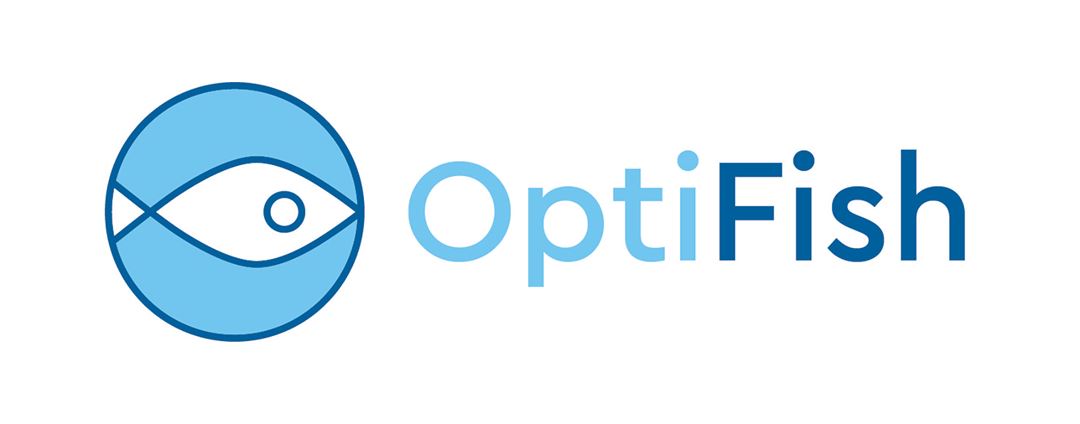More specifically, the technologies investigated during the project will enable automated species recognition based on AI and computer vision to reduce discards and unreported landings and fishing activities, establishing a fisheries control and enforcement system fit for the digital age.
The project encompasses 19 partners from 8 countries, 5 types of fisheries, 5+ technologies, and 10+ business models.
Challenges to be addressed
Illegal and unreported fishing
Illegal, unreported, and unregulated (IUU) fishing is a broad term that concerns all aspects and stages of the capture and utilization of fish and can be found in all types and dimensions of fisheries. Illegal fishing can include fishing without permission in a certain jurisdiction or in violation of specific law or regulations. Unreported fishing can include misreporting or failure to report to the relevant national authority, or failure of the fisheries management to report according to national regulation.
Reliance on human observation and manual data
Having human observers on board is the primary tool for identifying discarding, while the three main types of administrative documents used by countries require manual data input and include logbooks for recording quantities of fish caught, landing declarations for recording the quantities of each species caught in the landed weight, and sales notes submitted to the national authorities on each landing. This requires large amounts of resources and time, and there is a risk of human error.
Lack of trust
There is a reluctance with fishers and fishing companies to adapt new technologies, either because they do not trust their effectiveness, or because of a lack of trust in the institutions that want/require their data.
Implementation of regulation
New legal regulations and recommended practices affect data management processes, such as the use of AI in fisheries. Additionally, each country’s own way of implementing a landing obligation makes it difficult to establish unified control processes.
Intrusive measures
While technology-driven monitoring can eliminate the need for an additional person on board, there is a strong reluctance of fishers to accept onboard cameras as they feel this is an invasion of their privacy.
Data security
Ensuring data security is extremely important, as the data collected onboard fishing vessels has both legal and economic significance.
The OptiFish approach
Technologies
Develop reliable and easy-to-use solutions for fishers and control agencies.
Data Quality
Ensure that collected data is accurate, timely, and up to date.
Facilitate Communication
Improve the transparency in fisheries management and the traceability of fish products.
Build Trust
Engage with stakeholders in the decision-making process to ensure the system is beneficial for all parties.



